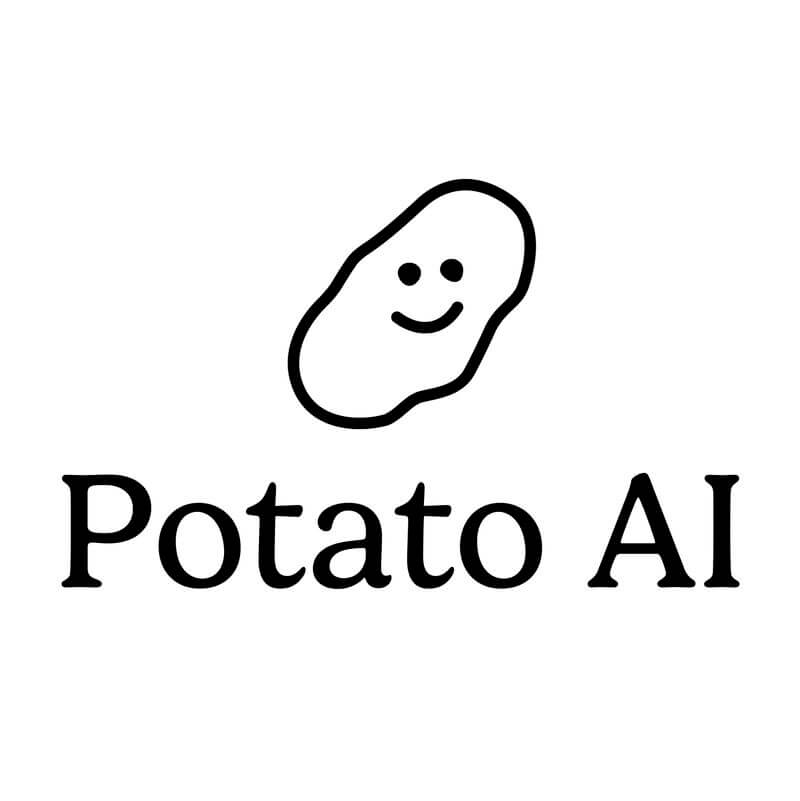Seattle-based startup Potato has secured $4.5 million in funding to advance its AI and robotics solutions for automating scientific experiments. This investment marks a significant step forward for the two-year-old company, which aims to revolutionize the way scientific research is conducted. Potato's vision is to create a "fully closed-loop, autonomous science" system, making scientific discovery faster, cheaper, more accurate, and reproducible.
Potato's platform currently functions as an AI research assistant, helping scientists with various tasks such as generating hypotheses, creating optimized research protocols, aiding in the writing of research papers, and critiquing journal articles. The company leverages chat-based, generative AI tools built from large language models, further refined using retrieval-augmented generation (RAG) to improve the accuracy of its results. This involves incorporating scientific literature, including publications from Wiley, a major academic publishing house with whom Potato has a partnership.
With the new funding, Potato plans to expand its capabilities beyond computational research and into robotics capable of performing actual laboratory bench work. This involves developing technology that can automate the experimental process, a move that could significantly reduce the drudgery and inefficiencies often associated with scientific research. Potato is collaborating with Ginkgo Automation, a robotics company, in the development of automated experiments.
The need for streamlined and efficient research methods is increasingly important, especially as academic and grant-funded research faces potential funding cuts. Potato's AI-powered platform addresses this need by automating repetitive tasks, improving data handling, and optimizing processes. This allows researchers to focus on higher-level tasks such as data interpretation and answering complex scientific questions.
The integration of AI and robotics in scientific laboratories is part of a broader trend transforming traditional research methods. AI algorithms can analyze vast experimental datasets, uncover patterns, and suggest novel research directions or compounds. Robotic systems can conduct experiments continuously without fatigue, bringing unparalleled precision and consistency to experimental tasks, and mitigating safety risks by handling hazardous materials. This shift promises rapid advancements in various fields, including health, energy, and electronics.
Several levels of automation are emerging in laboratories, ranging from robots performing individual tasks to fully autonomous systems that manage entire experimental processes. Achieving high and full automation requires innovations in robotics that can adapt to diverse lab environments, handle complex procedures, and collaborate seamlessly with other systems and human operators.
Seattle is emerging as a hub for AI innovation, with a thriving startup scene supported by robust investment and collaborative spaces. Companies in the region are leveraging AI to revolutionize industries ranging from aerospace to maritime, cleantech, advanced manufacturing, IT, and life sciences. Potato is one of several AI startups in Seattle attracting attention and funding, contributing to the region's reputation as a leader in artificial intelligence.














